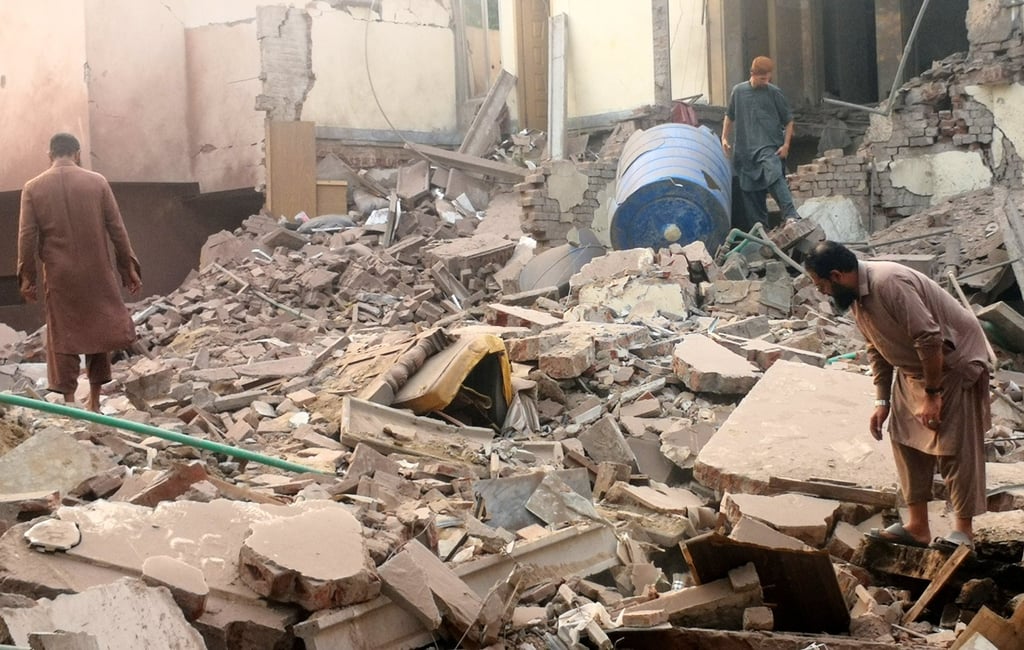Water wars: as India weaponises rivers, Pakistan thirsts for security

Wars aren’t always fought with missiles and guns. Sometimes, the weapon is water.
India demonstrated just how potent that weapon can be this month when it reduced the flow of a tributary to the Indus River, a lifeline for Pakistan’s food security.
Weeks earlier, New Delhi had suspended a decades-old water-sharing agreement with its nuclear-armed neighbour in response to a deadly militant attack on tourists in Indian-administered Kashmir.
On Tuesday, Indian Prime Minister Narendra Modi declared that his country would stop its water from flowing over international borders, saying: “India’s water will flow for India’s benefit, it will be conserved for India’s benefit, and it will be used for India’s progress.”
A day later, Delhi unleashed a barrage of strikes on Pakistani territory. Both countries have since exchanged cross-border fire and shelling and sent drones and missiles into each other’s airspace, with about four dozen people dying in the violence.

For Pakistan, a downstream nation reliant on external sources for more than three-quarters of its renewable water supplies, the message of the past few weeks has been unmistakable: water is power, and power can be wielded.













